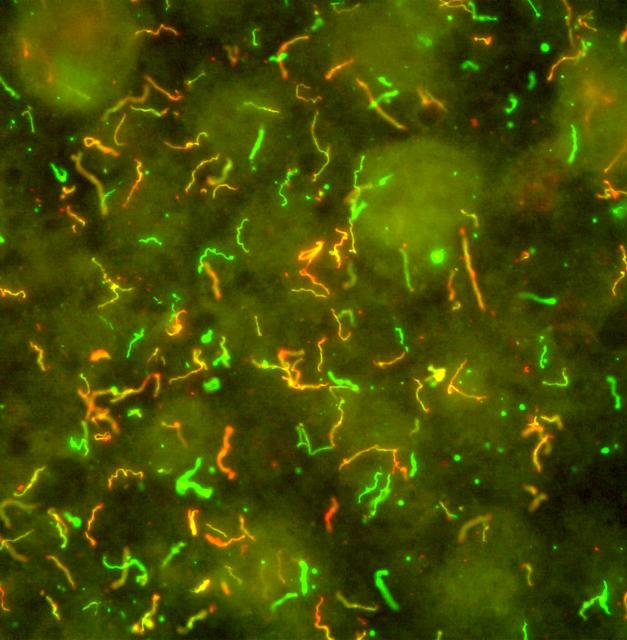Category: Science and Medicine
Answering Our Critics, Part 2 of 2: What’s the Harm?
Last week I posted a list of 30 rebuttals to many of the recurrent criticisms that are made by people who don’t like what we say on SBM. I thought #30 deserved its own post; this is it. At the end, I’ve added a few items to the original list. What’s the harm in people trying CAM? Science-based medicine has been criticized...
Separating Fact From Fiction in the Not-So-Normal Newborn Nursery: Pacifiers and Nipple Confusion
My first “real world” employment after completing residency was as a full-time newborn hospitalist in Houston. After spending three years in Space City, often rounding on as many as 30 newborn infants in the Level 1 and Level 2 units each day at the county hospital, I feel as if I’ve probably about seen it all when it comes to the nursery....

Candida and Fake Illnesses
While Big Pharma has been accused of inventing diseases, alternative medicine is the real champion of this practice. Compromised immunity can lead to overgrowth of the fungus Candida albicans, but this doesn't happen in people with intact immune systems, and it doesn't lead to the vague, unrelated symptoms described as "systematic candidiasis" by alternative medicine proponents.
Answering Our Critics, Part 1 of 2
Some people don’t like what we have to say on Science-Based Medicine. Some attack specific points while others attack our whole approach. Every mention of complementary and alternative medicine (CAM) elicits protests in the Comments section from “true believer” users and practitioners of CAM. Every mention of a treatment that has been disproven or has not been properly tested elicits testimonials from...
Food Allergies: Facts, Myths, and Pseudoscience
The price of life is eternal vigilance. If you have severe food allergies, that is your reality. Every day, every meal, every bite. Eating is an intrinsic and essential part of what we do and who we are, so the idea that our bodies can rebel violently to everyday foods can be difficult to believe. But it’s real, and the numbers of...
I refute it thus. On vaccination.
Reality is one honey badger. It don’t care. About you, about your thoughts, about your needs, about your beliefs. You can reject reality and substitute your own, but reality will roll on, eventually crushing you even as you refuse to dodge it. The best you can hope for is to play by reality’s rules and use them to your benefit. Combined with...

Does Everybody Have Chronic Lyme Disease? Does Anyone?
A deplorable article by Suzy Cohen on Huffington Post is titled “Feel Bad? It Could Be Lyme Unless Proven Otherwise.” It consists of irresponsible fear-mongering about a nonexistent disease. A science-based article would be titled “Feel Bad? It Couldn’t Be Chronic Lyme Disease Because CLD Is Nonexistent Until Proven Otherwise.” Cohen says: People often attribute uncomfortable symptoms to aging, stress, or the...
The future of “integrative medicine” is too close for comfort
I was the other day. I’ve been on vacation this week (staycation, actually, as I stayed at home and didn’t go on any trips); so you would think it would take a lot to depress me. Unfortunately, today is the last day of that vacation; so the thought of diving back into the fray trying to fund my lab. It didn’t help...
California Acupuncturists Don’t Need to Know English!
English proficiency is not a necessary precursor to becoming a contributing citizen in California’s economy and should not be used by the Board to discriminate against talented and skilled individuals who seek to provide high-quality acupuncture services in California. — State Senators Curren D. Price Jr. and Darrell Steinberg, letter to the California Acupuncture Board, March 22, 2013. To appreciate the recklessness...
The Trojan Horse called Integrative Medicine arrives at another medical school
Medicine is a collaborative practice. Hospitals are the best example, where dozens of different health professionals work cooperatively, sharing responsibilities for patient care. Teamwork is essential, and that’s why health professionals obtain a large part of their education on the job, in teaching (academic) hospitals. The only way that all of these different professions are able to work together effectively is that...

